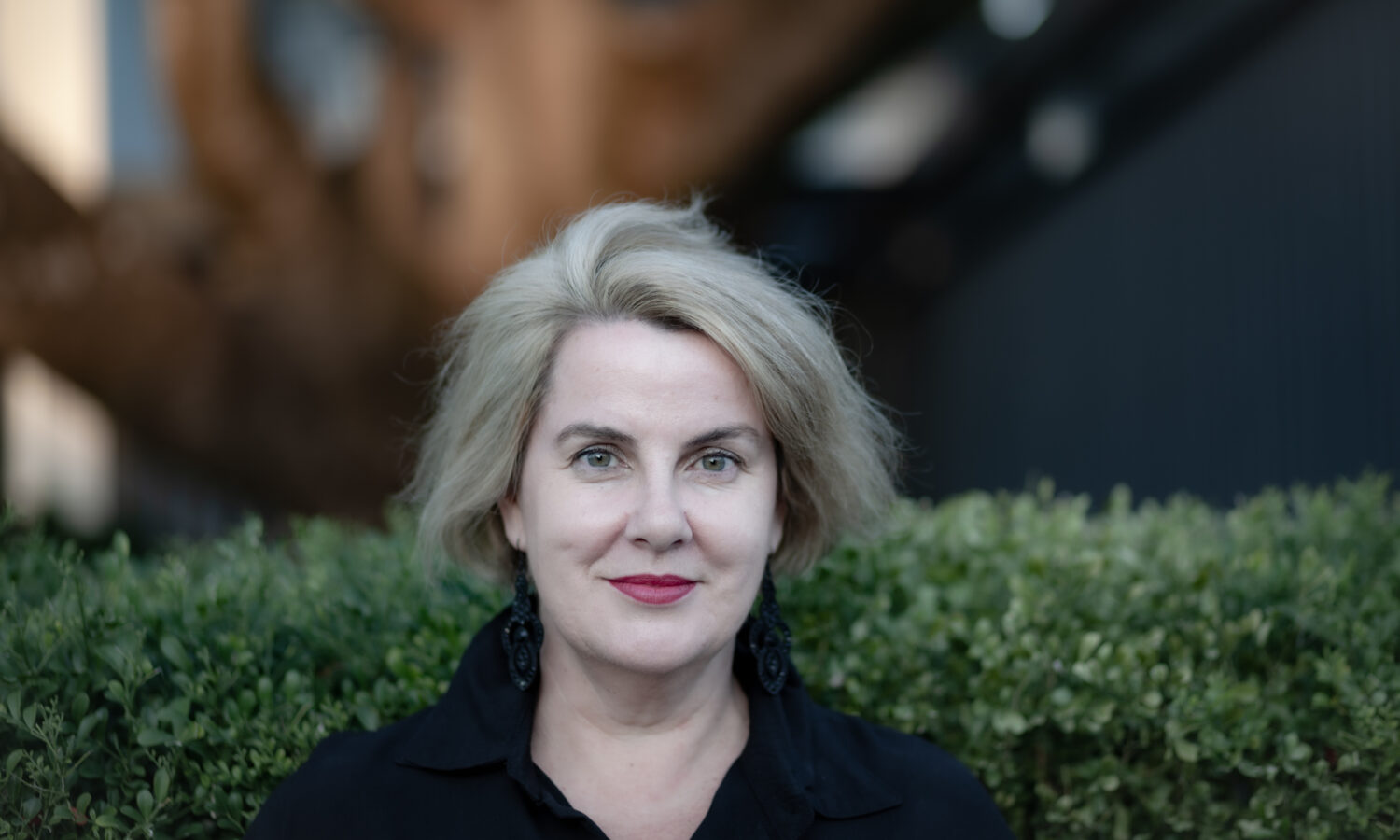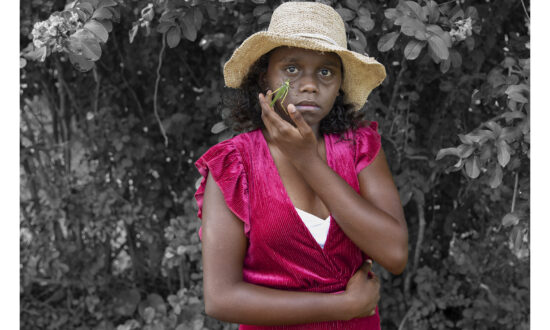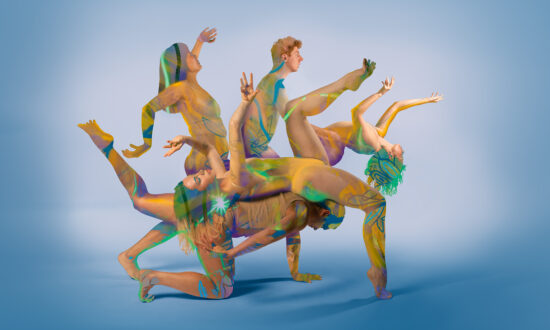Poets are funny creatures. They often fall out with each other and if jealousy is a curse, then the poetry scene is certainly a tad cursed.
So it was that I was a bit green with envy when I attended the recent launch of fellow Brisbane poet Jane Frank’s superb new book of poems, Ghosts Struggle to Swim, published by Calanthe Press. This is an exciting collective that publishes chapbooks and collections of poetry from a base on Tamborine Mountain, the very same elevated location Judith Wright once called home.
The launch was held at Robin Bauer Studio Gallery at Paddington, which seems fair considering that Frank’s late father (the subject of many of her fine poems) was an artist and that many of her works are about artists.
There’s Paul Klee: Life Coach and, among others, Pointillism Workshop at Gootchie, 1976, which is introduced with a quote from Georges Seurat, the father of pointillism. And there are other smatterings of art throughout, which is quite delightful.
On the night of the book launch Jane Frank read to a full house and was later lightly grilled by Jock Macleod of Calanthe Press. Lovely that poetry launches like this still occur in Brisbane, which is a hotbed of poetry, in case you didn’t know.
We have produced some great poets … David Malouf, David Rowbotham, Judith Wright, John Blight, Bronwyn Lea, Sarah Holland-Batt, to mention a few. There is a whole substratum of others.
Jane Frank is an award-wining poet who grew up in Maryborough. She has previously published two chapbooks with Calanthe Press. She has also spent time in academia, arts administration and currently teaches creative and professional writing. And she is on the management committee of Queensland Poetry.
As Frank read her work at the book launch, the audience was transfixed and I couldn’t help thinking, “I wish I had written that”.
That’s a writer’s dilemma. Writers are only human and sometimes they have these feelings of envy. Remember that delicious quote from Gore Vidal: “Every time a friend succeeds, I die a little.”
And Clive James also explored similar territory in his brilliant poem, The Book of My Enemy Has Been Remaindered. What a hoot.
The poem of Frank’s that first got my attention is a rather charming one I read when it was first published in the online literary journal StylusLit. It’s called A Gift of Chickens and is a charming reverie involving one of her sons (she has two and they are occasionally referred to), whose life is referred to in the poem as a kind of “octopus’s garden”, a reference any Beatles fan will love.
These chickens appear in the family’s life and Frank is surprised that these fowls “bring tranquillity” according to her son. She ends up finding that equally so and the poem ends with: I hear them trilling as if underwater, a soothing sound. If I’m honest, they help me sleep.
It’s a lovely domestic poem and there are many others. The idea of being underwater surfaces occasionally, if you’ll pardon the pun.
After the launch I compared notes with the poet because we have both written poems imagining life inside a house to be like living in an aquarium. The House is an Aquarium at Night is the title of hers and it’s a charming journey through a kind of SpongeBob SquarePants world in which her sons speak in bubbles, dart joyously around, sway like kelp to Coldplay songs. Gorgeous stuff.
There are poems about people and places and some of those places will be familiar. Winter Day at Woody Point, The Warrumbungles, Walking to Angourie … that last one resonates for me since Angourie is a place I used to surf as a teenager.
You will find your own places among the poems and delight in Frank’s celebration of everyday life throughout. There are short poems, skeletal poems, poems that are big and chunky verging on prose and many that reference art and history as well as family.

Get InReview in your inbox – free each Saturday. Local arts and culture – covered.
Thanks for signing up to the InReview newsletter.
Sericulture is a tad oriental in its disposition referencing silkworms and the woman who is supposed to have created the silk industry, Lady Xiling, wife of Huangdi, the Yellow Emperor of antiquity. I feel strangely close to the wife of the Yellow Emperor, Frank writes, with a backward glance to the Silk Road.
This is a substantial volume that is also full of ghosts.
In Frank’s foreword the poet writes that “ghosts crowd our lives and landscapes. Our thoughtscapes. I mean ghosts of the living (and younger selves) and those no longer living with us. This isn’t disturbing – it can be frustrating, it can be sad, but it can also be comforting and affirming. The older we become, the more there are.” Indeed.
Ghosts Struggle to Swim by Jane Frank, Calanthe Press, $26.95
calanthepress.com.au
Support local arts journalism
Your support will help us continue the important work of InReview in publishing free professional journalism that celebrates, interrogates and amplifies arts and culture in South Australia.
Donate Here




